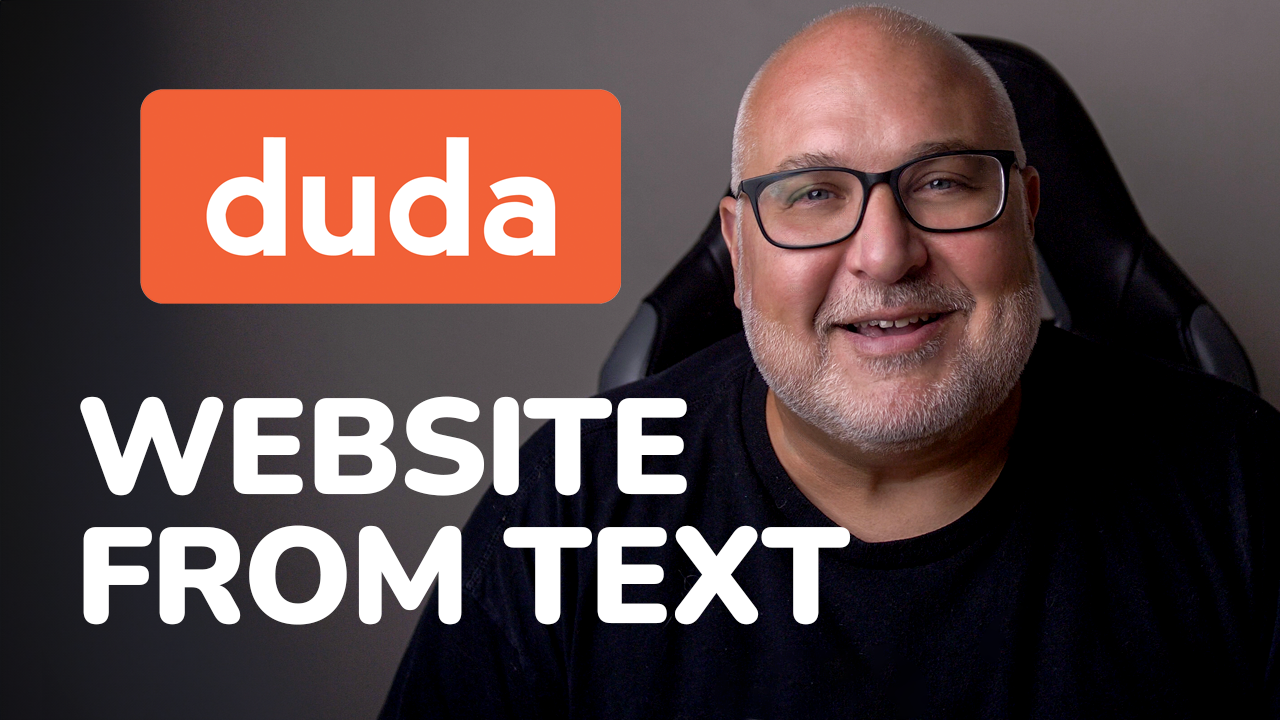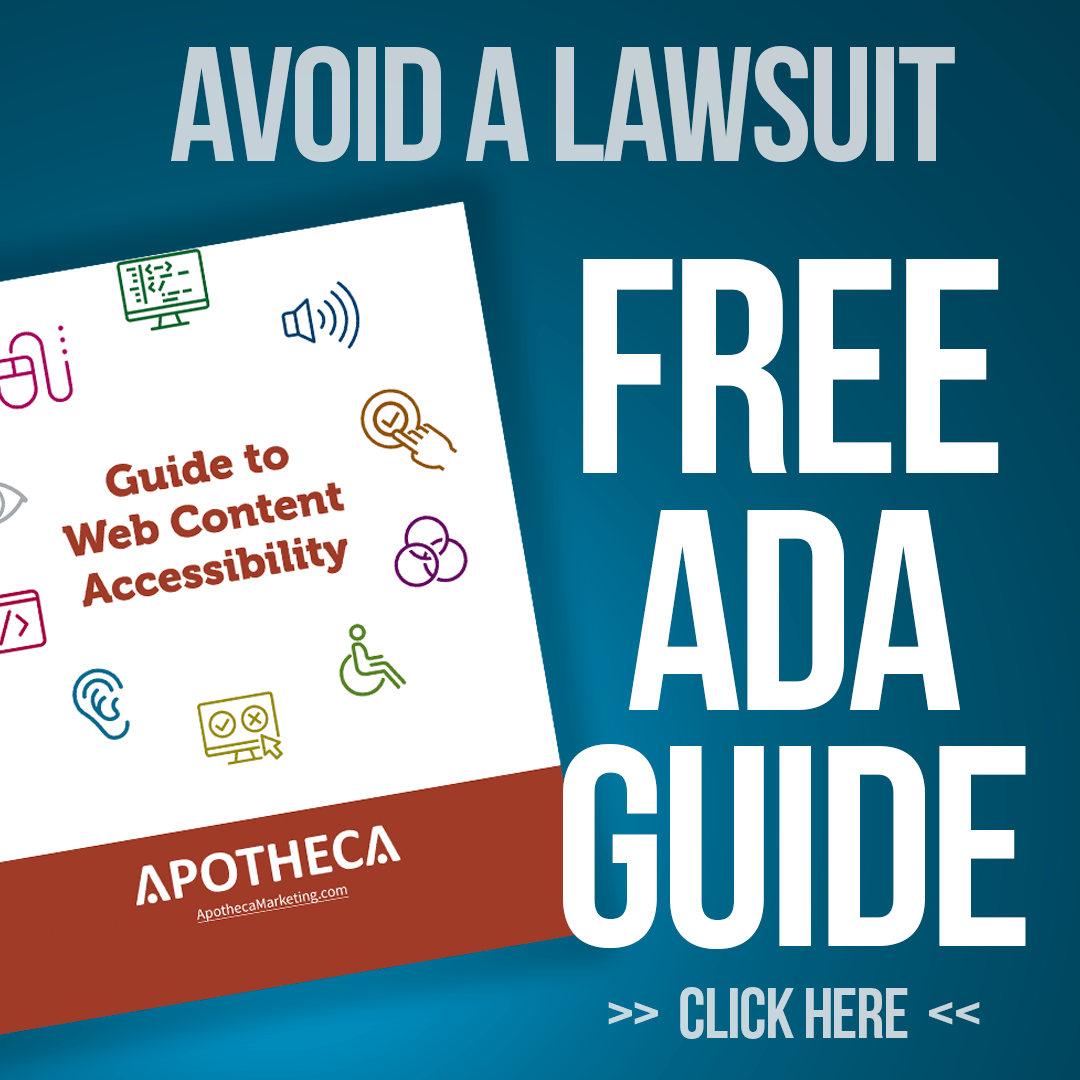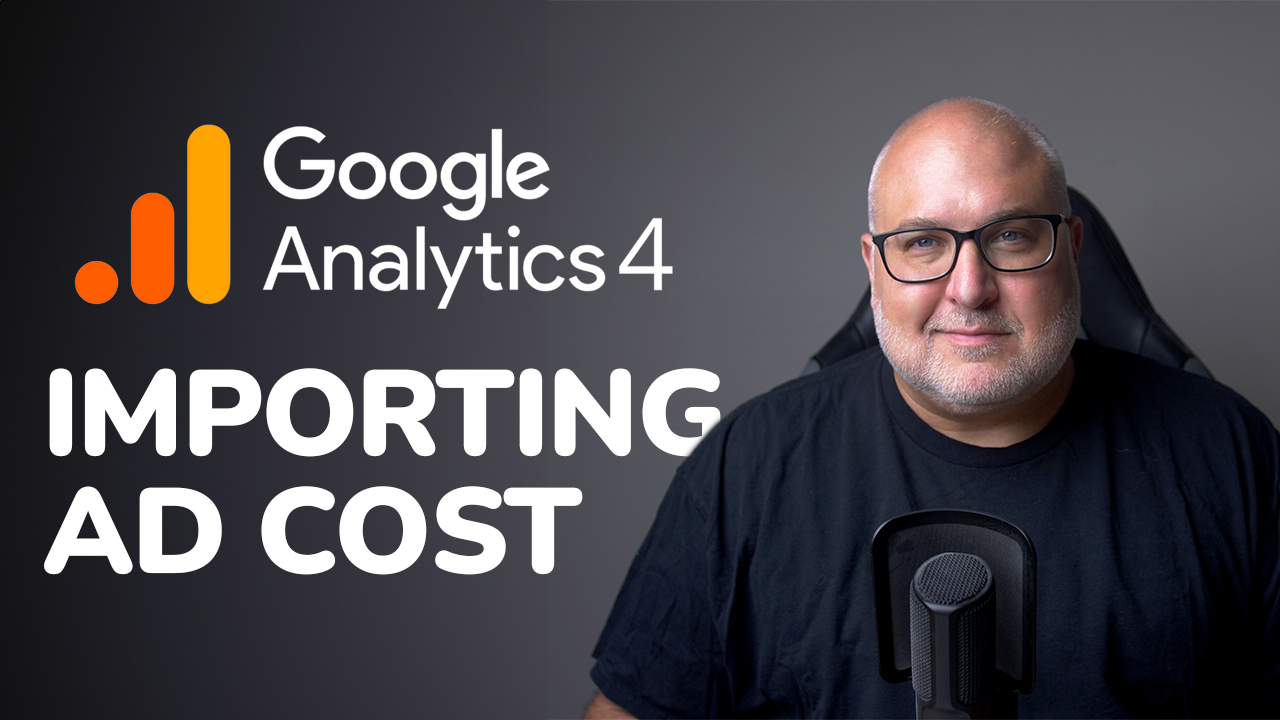13 SEO Myths That Can Impact Your Rankings
Roy Bielewicz
13 SEO Myths
- Duplicate Content is Penalized
- Social Media Signals Impact SEO
- Paid Search Will Help Your SEO
- Rank Is The Most Important Thing in SEO
- SEO Is A One-Time Thing
- Subdomains Are Just The Same As Subdirectories
- Domain Age Impacts SEO
- Longer Content Will Get Better Rankings
- Google Looks At Bounce Rate For SEO
- Backlinks Are Your Most Important Tactic To Improve SEO
- Your URL Needs to Have Keywords
- Meta Descriptions Will Impact Your Ranking
- Page Design Doesn’t Impact Ranking
We all know that SEO is important to our marketing, but are you sure that you're putting the right effort and budget into the right tactics for SEO? Let’s take a look at some of the myths around SEO and how it might be affecting your business.
1 ) Duplicate Content is Penalized
One of the myths we see quite often is the idea that duplicate content on your site is going to impact your rankings because Google penalizes duplicate content.
If you have duplicate content, Google doesn't care if that content came from another site, or if you have a retail site where, through multiple means of navigating the site, different categories and different sub subsections of your site have different URLs for the same content.
While Google will not penalize you for that, what it might do is dilute the impact of backlinks to your site. So if you have third party sites that are creating links to you and to your content, they're not going to know which is the “right” URL to link to.
If those different pages get picked up in the search engine results and indexed, it can dilute the impact of those individual links since you won’t get as much traffic to a specific link or a specific listing as you would normally.
2 ) Social Media Signals Impact SEO
Another common myth that we hear is that social media is a signal to Google for how it ranks your site. The thinking goes that if you have, for instance, a really rocking Twitter or Facebook account, you have lots of followers, that Google is using that in deciding how to rank your site. Guess what? That’s not true.
Do social signals have an impact on ranking?
“Not directly, no” - John Mueller, Google
What is true, is that a large social media following can definitely drive more traffic to your site. That traffic to your site can ultimately help generate backlinks, which WILL help your SEO.
So if you have a non-existent social media presence, or if you have a great social media presence, Google isn't looking at that for rankings.
3 ) Paid Search Will Help Your SEO
One SEO myth that we hear a lot is that paid search will impact your SEO. The idea there is that if you don't have a paid search program, if you don't have a campaign running, if you're not spending money on Google, that Google's going to penalize you and not rank your site as high as someone who is paying for PPC.
And while that is very conspiratorial and sounds like that should probably be the case, Google has continually reassured the community that that is not indeed the case. The algorithm that is used to determine rankings for paid search ads is completely separate from how it's determining rankings for your organic search.
However, similarly to some of the other myths that we've heard, there is definitely an impact on your organic search when you run a paid search program. Google isn't looking at it as an indicator, but much like social media, if through paid advertising you are getting more visitors they're seeing your content and may be backlinking. The more visibility you have can ultimately impact your organic listings.
The other thing that we’ve found with some of our clients, is that when they have an organic listing AND a paid listing appear for the same search query, people are more likely to click on the organic listing because they're reassured by the fact that you're appearing several times on the page.
They're seeing that, that it's validating your content. And so that by having that paid presence, they know that your site is probably going to provide them the information that they need. That's not Google’s algorithm doing that, but it is impacting consumer behavior. So by having a paid search program, as well as appearing in organic search, you can impact how often people are clicking on your organic search links.
4 ) Rank Is The Most Important Thing in SEO
You’ve probably heard that rank is the most important thing for your SEO program. You'll see it in ads, and I'm sure you've seen emails, where a company claims they're going to get you to the first listing on Google and be number one within X number of days.
Don’t get me wrong, rank is important, for sure. There are numerous statistics and studies that have shown that where you place on the page definitely impacts how often people see you, and how much they click through. And while rank is important, measuring rank is not the key indicator for the success of your SEO program.
Why? Because rank is not absolute. As you may know, everybody sees a different search result on Google based on your search behavior, your geography, and demographics. This means that the SERP you see will be different from somebody else’s, even in your own company, even in your own house. It's all based on personalization, particularly if you’re logged in to a Google account.
If you’re not measuring rank, what you should be measuring is how many sales, or how many leads your SEO program is driving for you. What keywords are driving conversions for you? What type of content are your customers searching for? At the end of the day it’s not a competition about rank, but rather results.
5 ) SEO Is A One-Time Thing
We get this one a lot from clients who maybe aren't as familiar with SEO or some of the intricacies of it. They just know that they want to be on Google, and they “want to do some SEO” for a site launch, or a site redesign. Unfortunately, SEO is an iterative process, not just a one-off project.
Many people aren’t aware that Google changes its algorithm on a daily basis. Because of this, what may have been a best practice three months ago may actually hinder you today. Something that was a best practice a few years ago tends to become “common knowledge” or a “best practice” but in fact may actually, in some cases hurt you. That or it’s a waste of time because Google just completely ignores it anymore.
And so there's constant need to update the site from a technical perspective, there's changes to coding that will need to be done. Content should be continually refreshed, redone, and reinvigorated, all the while adding new content.
One of the most effective things that companies are finding now is that if you have a blog that's several years old, that might be out of date, is to update it: add new graphics, add new content, and add new findings to it.
6 ) Subdomains Are Just The Same As Subdirectories
The discussion about the impact of subdirectories is one that comes up regularly. Essentially there's a contention that having a subdomain is just as fine as having a subdirectory on your site. And example of this would be, subdomain (blog.yourdomain.com) versus subdirectory (www.yourdomain.com/blog).
Google and industry experts will tell you that having a subdomain is fine, that Google doesn't care about whether it's a subdomain or not, it will index it and it will pick up those pages and the content. And it may rank very well.
And that's absolutely true. What's potentially misleading about that is that Google sees a subdomain as a separate site.
That means that you need to submit it separately. You need to manage it separately, and you need to often measure it separately. And so, while Google doesn't care if it's a subdomain or a subdirectory, the subdomain will not necessarily benefit your main domain’s SEO efforts.
There are very good reasons that your business may need a subdomain. Maybe it's a different kind of content. Maybe for instance, you have recipes on yourdomain.com, or instructions, or customer service. It may be a completely separate type of content from your main domain, which is fine. It will get indexed. However, if you're hoping to give credit to your main domain, to give that, you know, powerful Google juice of building incoming links and giving credit to the main domain, then doing a subdomain is not going to help.
This is why for most cases, we recommend using a subdirectory, if that's at all possible.
7 ) Domain Age Impacts SEO
Another myth is that domain age is a factor in ranking. Google has made it pretty clear that this is not a factor in ranking; that the age of the domain in and of itself doesn't matter. You can start a brand new domain, or you can have one that's been around for 10 years and it doesn't matter.
"No. Domain age helps nothing."
John Mueller, Google
What will matter, obviously, is that the one site has been developing content for 10 years. So it's not the age of the domain itself, since Google's not necessarily going back and looking at when you registered that domain or when the site launched, it's looking at content.
It's looking at links and it's looking at all of the myriad other signals that it has, and one of those signals is not age.
8 ) Longer Content Will Get Better Rankings
A prevailing myth that has been around for some time is that longer content is better for ranking. And admittedly, we used to believe this as well, because anecdotally you do tend to see that most pages that are ranking in the top SERPs, have a significant amount of content. In fact, one study showed that having over 1500 words seemed to be the key to those top positions.
Google has made it clear, however, that just because an article is 1500 to 2000 words doesn't mean that it's going to do better than something that has a hundred words. Volume does not improve a page’s relevance or its quality. And what they're looking at instead, is the quality of the content and its relevance to the search.
However, it’s important to keep in mind that length can contribute to how useful an article is. If it's a really great article that happens to be longer, that contains useful information, research, and images, and it's not just a piece of fluff, by its nature get shared more, linked more, and thus will perform better in search.
And that leads to how correlation versus causation can be confusing in SEO. Was it ranking high just because it was long or because it was long and really high quality?
9 ) Google Looks At Bounce Rate For SEO
One of the things that a lot of companies have historically looked at as an SEO “signal” is bounce rate. Google has confirmed, however, that it does not look at Google analytics data to determine how a page ranks, so bounce rate can not be a signal. If you’re unfamiliar with bounce rate, it's determined by users coming to your site, and leaving after only looking at one page, and not clicking through to other pages.
So not only does Google not look at this for SEO, but bounce rate is being deprecated GA4.
Part of the reason for this is that websites have changed. Historically you had a website that had multiple pages that you click through, but modern sites are not only more dynamic, many don’t have truly different pages on the site. So you may be engaging for long periods of time with the site. You may be reading a lot of content. You may be watching videos and not ever actually go to a different page. You may even sign up for something or even purchase something without actually technically going to another page.
10 ) Backlinks Are Your Most Important Tactic To Improve SEO
There's a lot of companies that'll tell you that backlinks to your website are the main driver for SEO. And they'll spend a lot of time and energy trying to get those backlinks, sometimes even purchasing them.
"Links are definitely not the most important factor."
John Mueller, Google
There's also a lot of scammy and spammy businesses out there that will post backlinks on comments sections of blogs, reviews, etc. Obviously some of those tactics, not only don't help you, but they can hurt you. So having a lot of spammy links isn't a good indicator for Google.
So while backlinks are absolutely important to your SEO program, it's something that should happen organically. Which will happen because you've developed really great content, because if it's relevant people are naturally going to link to your site.
Now there's nothing wrong with actively suggesting to blogs and websites that they may be interested in your content, but Google definitely has become smart enough to know when you have a program that's out there buying links. And so one of the things they’ve done is basically say that backlinks are not the most important indicator.
It's one of many indicators that they look at, but it is not the primary driver of how you rank.
11 ) Your URL Needs to Have Keywords
Another myth that we see that is something of a residual left over to how things used to be is packing keywords in URLs.
It used to be that if your domain name had an important keyword in it, that would have a huge influence on ranking. This then evolved into packing URL strings with keywords, where people are essentially spamming the URL to make sure that they have all the relevant keywords possible.
Obviously this is no longer a best practice, and it’s not a great indicator for rank. Relevant keywords in your URLs that occur naturally can be helpful, but Google has said that is only an extremely minor factor in how they rank pages.
So if you're spending a lot of time and energy going through your site and just trying to jam all the relevant keywords into your URL strings, it's probably not worth your time.
12 ) Meta Descriptions Will Impact Your Ranking
Your meta description impacts your SEO rankings, right? Sorry, no.
I think part of this myth is a holdover from the days when Google actually looked at meta keyword data and there was an actual field for keywords in the metadata. People would just pack that field with all the keywords that they could get on the page.
Back in the early days of search before Google's algorithm became self aware and started taking over the world, that actually did have some black hat impact on your rankings. Those keyword packing days are over; Google is not going to rank your page based on the keywords that you jam into the keyword page, or into the other meta data.
However, the description meta tag is an opportunity for you to basically tell Google, “This is what the page is about. This is how we are summarizing the content of the page.”
The meta description also gives you an opportunity to show what you would like in the search results. As you know, on the search results page there is a title of the page, and then a brief description. And that's your opportunity to tell Google that you would like this to be the description. You can add some calls to action, and relevant content that can encourage clicks-through.
Google doesn't necessarily always use your meta description, but it's definitely not using it to rank your page.
13 ) Page Design Doesn’t Impact Ranking
We all know that when you redesign your site or launch a new site that there's a lot of factors that go into how Google ranks it. For instance, you want to ensure that they have 301 redirects pointing from an old URL to the new content. You want to ensure that you’ve migrated all that content from your old site into a new redesign.
“Changing the layout of your pages can affect your search results. This is something that some people work on actively as well with regards to on-page SEO. So things like figuring out how to use titles properly on a page, how to do internal linking properly, how to provide more context for the article itself.
All of this can definitely affect SEO.”
John Mueller, Google
But these alone are not enough. Google has said that even if you have all of the same URLs, and all of the same content, how you design your site can impact your ranking.
Summary
Keep in mind that this is not all of the myths that we see by any means. There are lots of myths and misinformation in the industry.
Don’t base your SEO programs on outdated old wives’ tales, nor agencies claiming to be “experts” who are promoting tactics that could negatively impact your programs. Instead, focus on growing quality content, understanding what your customers and audience are looking for, and testing changes to your site and content to see what really works. Base your efforts on real world data that you are seeing.
Contact Us





